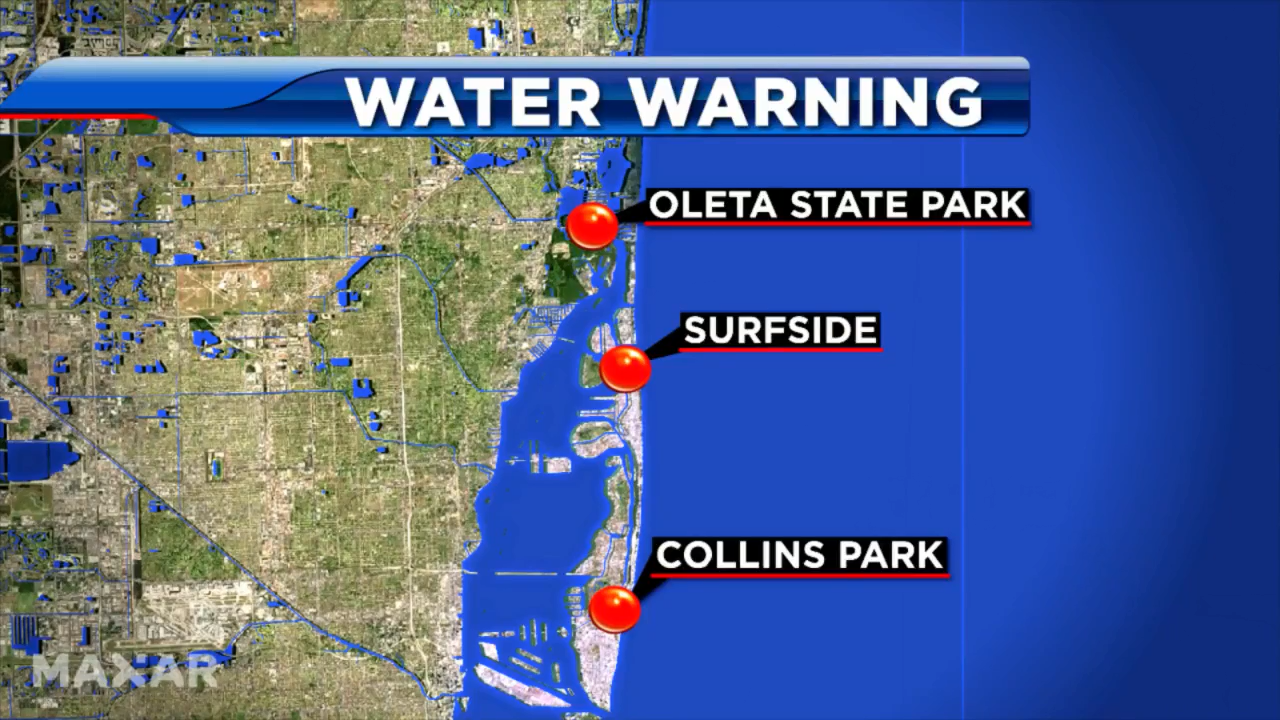Traveling abroad can expose individuals to new environments and climates, increasing the risk of respiratory and digestive diseases. According to Dr. Nguyen Van Quang, Medical Manager at VNVC Vaccination System, the peak season for tourism, both domestic and international, is summer. It is important for travelers to take preventative measures to protect themselves from potential illnesses.
Respiratory diseases are a common risk when traveling to different climates. Vaccines such as influenza and pneumonia can help prevent these illnesses. Other respiratory diseases like measles, meningococcus, rubella, and chickenpox also require proactive vaccination. Digestive diseases can be contracted from unfamiliar food and environments. Vaccinations for cholera and typhoid are recommended for travelers to prevent gastrointestinal issues.
Accidents during outdoor activities abroad can lead to wounds and scratches, increasing the risk of tetanus. Hepatitis B is another concern, especially in areas like Asia and Africa. Tetanus and hepatitis B vaccinations are important for travelers exploring forests and mountains. Additionally, diseases from insects and animals, such as rabies, yellow fever, and Japanese encephalitis, pose risks in certain regions. Vaccinations for these diseases are essential for travelers to protect themselves.
Before traveling abroad it’s crucial for individuals to consult with a vaccination doctor to create a suitable vaccination schedule. Planning ahead by getting vaccinated at least two weeks before departure can help the body produce antibodies to fight off potential diseases


